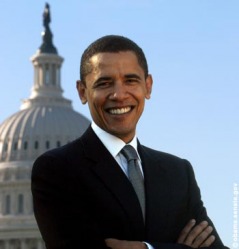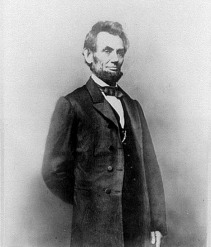 Students from 2007 - 2012 from the AlphaMax Academy in Suriname have presented an outstanding DVD on YouTube. The DVD under the theme of A Portrait of Hope and Peace features a program called " Great Thoughts, Great Minds, Great Moments in Time".
Students from 2007 - 2012 from the AlphaMax Academy in Suriname have presented an outstanding DVD on YouTube. The DVD under the theme of A Portrait of Hope and Peace features a program called " Great Thoughts, Great Minds, Great Moments in Time". 
Celebrating over two centuries of great oratorical statements – and at the same time grounded in classical values and traditions – “Great Thoughts, Great Minds, Great Moments in Time” includes excerpts of speeches from:
Haile Selassie
 Chief Seattle
Chief Seattle Winston Churchill
Abraham Lincoln
Patrick Henry,
John F. Kennedy
Malcolm X
Martin Luther King
Nelson Mandela
Rabindranath Tagore
and President Barack Obama.
 AlphaMax hopes that this message from a tiny school in a small, relatively unknown country -Suriname will reach across time and space and enter into the hearts of many guiding them to honor and respect true enduring values.
Please watch the video and pass on the link to others.
AlphaMax hopes that this message from a tiny school in a small, relatively unknown country -Suriname will reach across time and space and enter into the hearts of many guiding them to honor and respect true enduring values.
Please watch the video and pass on the link to others.AlphaMax hopes that the world will listen and be moved to spread the message of hope and peace. http://youtu.be/sY8Hvusg0PQ







